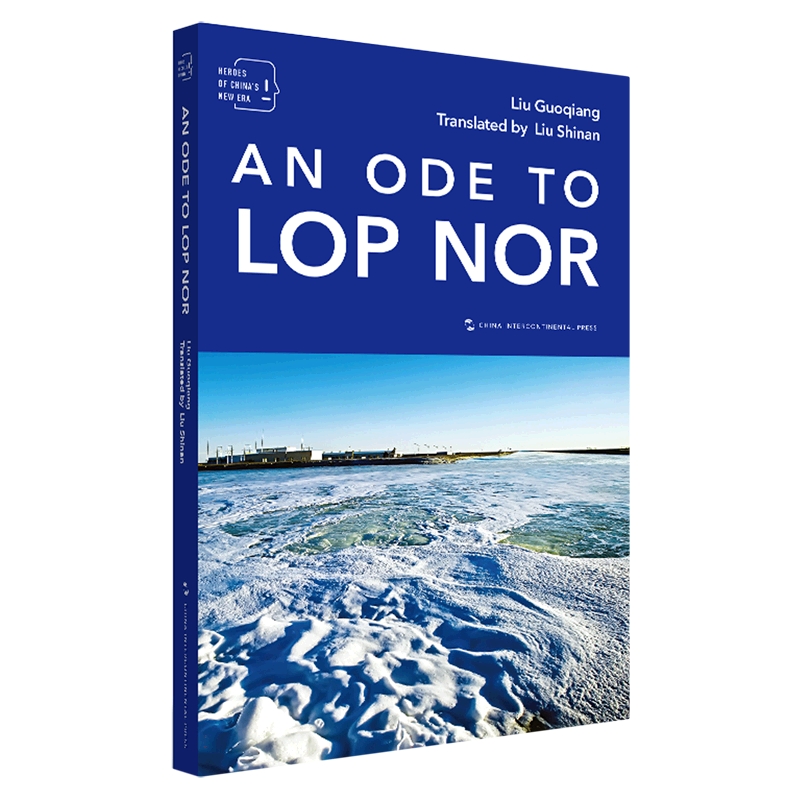
出版社: 五洲传播
原售价: 119.00
折扣价: 64.30
折扣购买: 罗布泊新歌(英)
ISBN: 9787508546001

刘国强,中国作协会员。在《人民文学》《当代》《十月》《中国作家》等杂志发表作品几十部,其作品曾荣获辽宁文学奖、北京文学奖、第十二届全国少数民族文学创作骏马奖等奖项。 Liu Guoqiang is a member of the China Writers Association. He has published several dozen works in literary magazines such as the People’s Literature, Contemporary Era, October and Chinese Writers. His works won a host of awards, including the Liaoning Literature Prize, Beijing Literature Prize and the Steed Prize at the 12th National Contest of Ethnic Minority Literary Creation.
People wonder why the huge Lake Lop Nor vanished without traces. There had been many speculations until it was learned through the latest scientific exploration that the desert lake had experienced five cycles of drying-up and refilling. In 1959, the lake was a spectacular 5,350 square kilometres in water area after a floor season. Only three years later, the lake almost ran dry. Why did such a large lake vanish in merely three years? Experts explained that the large-scale land reclamation at the upper reaches of the Tarim River and Peacock River during China’s “Great Leap Forward” movement in 1959 and later years had cut off the water sources of Lake Lop Nor. Holding a shining sword in defiance of a world of adversities, the soldier fights valiantly to protect his motherland. The Lop Nor soldiers’ stories of exploring sylvite, making machines and producing the world’s best potassium sulfate in the wilderness are the most majestic movements in the Lop Nor symphony. 李守江和他的团队奋战在没有水、没有电、没有土、没有生命的“罗布泊无人区”,吃不上菜,洗不上澡,克服了常人难以想象的困难,打破了“中国生产不了钾肥”、“中国技术不过关”等魔咒,创造了多个行业纪录,震惊了世界。 In the no-water, no-electricity and no-soil lifeless desert, Li Shoujiang and his team overcame unimaginable difficulties, such as no vegetable in meal and no way to take bath, to successfully find potassium ore and produce potash fertilizer. Their achievements debunked the myths that “China has no ability to produce potash fertilizer” and “Chinese technologies are substandard.” In their tenacious work, they created multiple industrial records to shock foreign colleagues.


